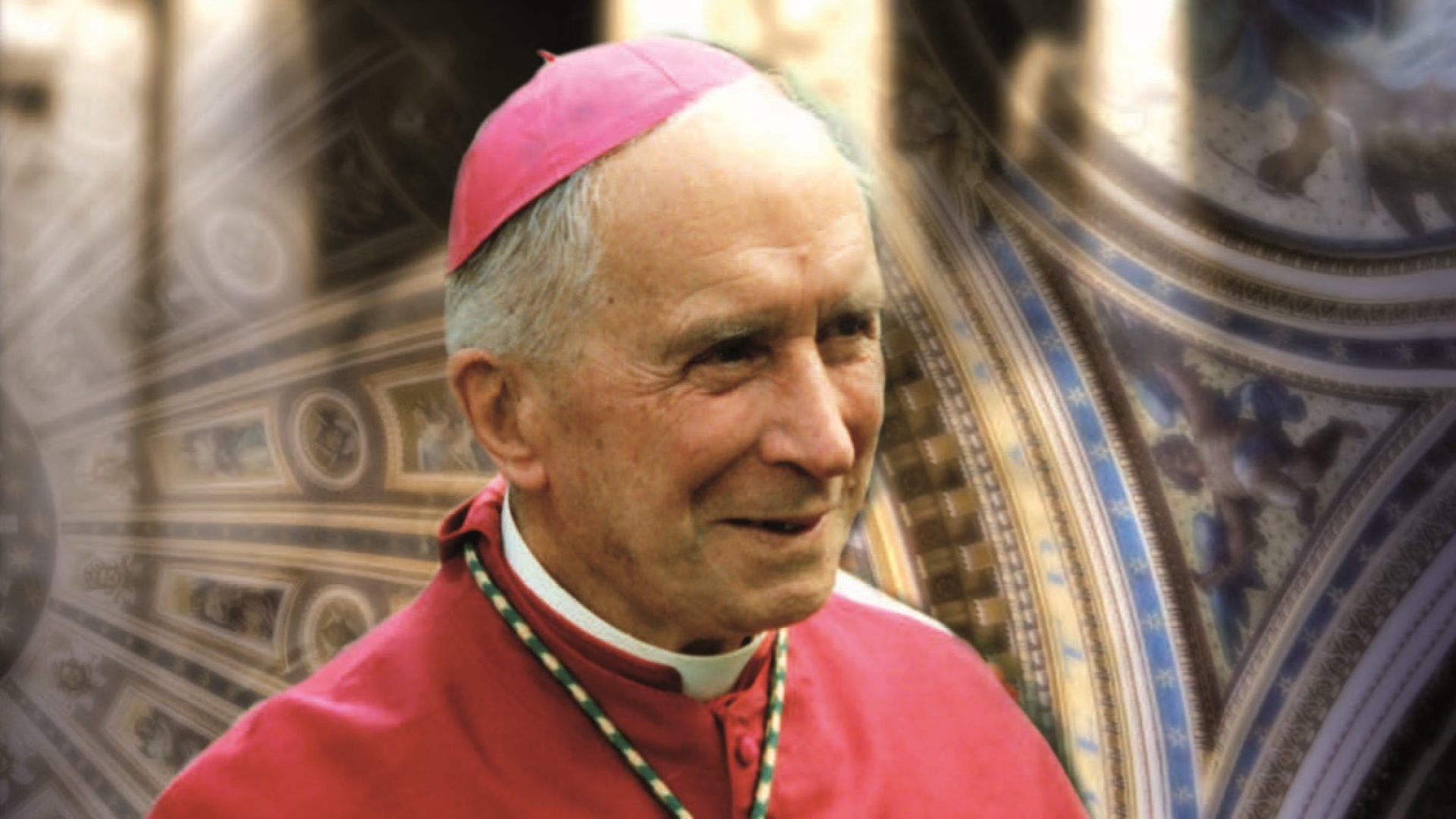Archbishop Lefebvre's November 21, 1974 Declaration

This famous declaration has a history; it was composed by Bishop Marcel Lefebvre in a specific context.
After the founding of the Society of Saint Pius X in Fribourg on November 1, 1970, and the opening of the seminary at Ecône, in the Valais, [Canton of Switzerland] calm still reigned despite some minor difficulties. From 1973, the situation was tense because Archbishop Lefebvre’s unshakeable position regarding the Mass. The bishop refused the Novus ordo, the liturgical reform of Paul VI, which he considered to be “poisoned,” as he would often say.
The attacks came first from France where the bishops were absolutely furious against the “wildcat seminary” which soon would provide a traditional clergy called to exercise an apostolate on French territory. While they were working behind the scenes, the situation was becoming strained in Switzerland as well. The new Bishop of Fribourg, Pierre Mamie, opposed the Society. Nestor Adam, Bishop of Sion, discouraged by the evolution of the crisis of the Church, no longer supported the foundation and distanced himself, even though he had accepted opening Ecône in his diocese.
The storm finally fell on the work of priestly formation. It broke out abruptly on November 11, 1974, when Archbishop Lefebvre announced to the seminary community the arrival, on the same day, of two apostolic visitors. Sent by Pope Paul VI, they were mandated by three Roman congregations to inspect the seminary. They were Msgr. Albert Descamps, secretary of the Biblical Commission, and Msgr. Guillaume Onclin, under-secretary of the Commission for the Revision of the Code of Canon Law.
The visitors spent three days in Ecône questioning professors and seminarians. They made aberrant and scandalous theological remarks to them. “They thought the ordination of married men was normal and inevitable, they did not admit that truth is immutable, and they expressed doubts concerning the physical reality of Christ’s Resurrection.” They finally left, but without presenting any protocol or report of their visit to the superior of the Society.
Archbishop Lefebvre traveled to Rome on November 16th to visit some Congregations. But understanding that there nothing much to wait for, “in a moment of indignation,” as he would later say, he wrote in one go and without correction an admirable statement of his principles which he presented to the community on December 2nd. It would be the pretext for the persecution against Ecône and its founder.
Related links
(Source : Marcel Lefebvre, une vie – FSSPX.Actualités - 21/11/2019)





